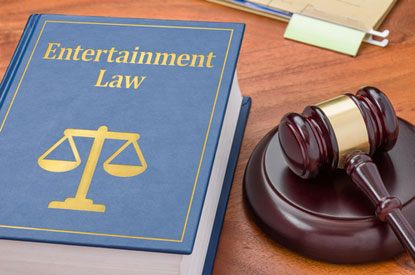
Last year, the appeals court had ruled in favor of the state in a 4-3 decision.
Upon denial of the motion to reargue, the club seeks to take the matter to the U.S. Supreme Court.
In September, during a hearing, Andrew McCullough, the club’s attorney had emphasized to the court, “If you saw what these dancers do, you’d be saying, ‘it’s not the Bolshoi, but it’s good.”
In counter, Assistant Solicitor General Robert Godfarb had said, “If the women kept their clothes on, no one would be coming to this bar for the dance performances.”
The appeals court, ultimately did not buy the arguments of the strip club.
However, the 4-3 decision by which the earlier decision went in favor of the state was also narrow.
In a strong dissent, Judge Robert Smith had observed that comparing different types of dancing was “not the function of a tax collector.” Smith wrote, “The people who paid these admission charges paid to see women dancing. It does not matter if the dance was artistic or crude, boring or erotic.”
However, tax authorities maintain that in order to qualify for exemption, a performance would have to follow strict choreography, which was not maintained in pole dancing.
But, during the last arguments at the appeals court Judge Susan Read had noted that even ballet dancers often improvised and would fail the test of strict choreography, and Judge Lippman remarked that the state was arguing that any improvisational dance did not merit tax exemption.
However, it may be time to see what the U.S. Supreme Court says on the issue, and that is what the club owners intend to find out.












































